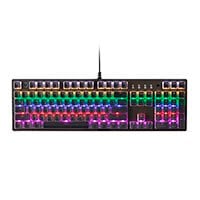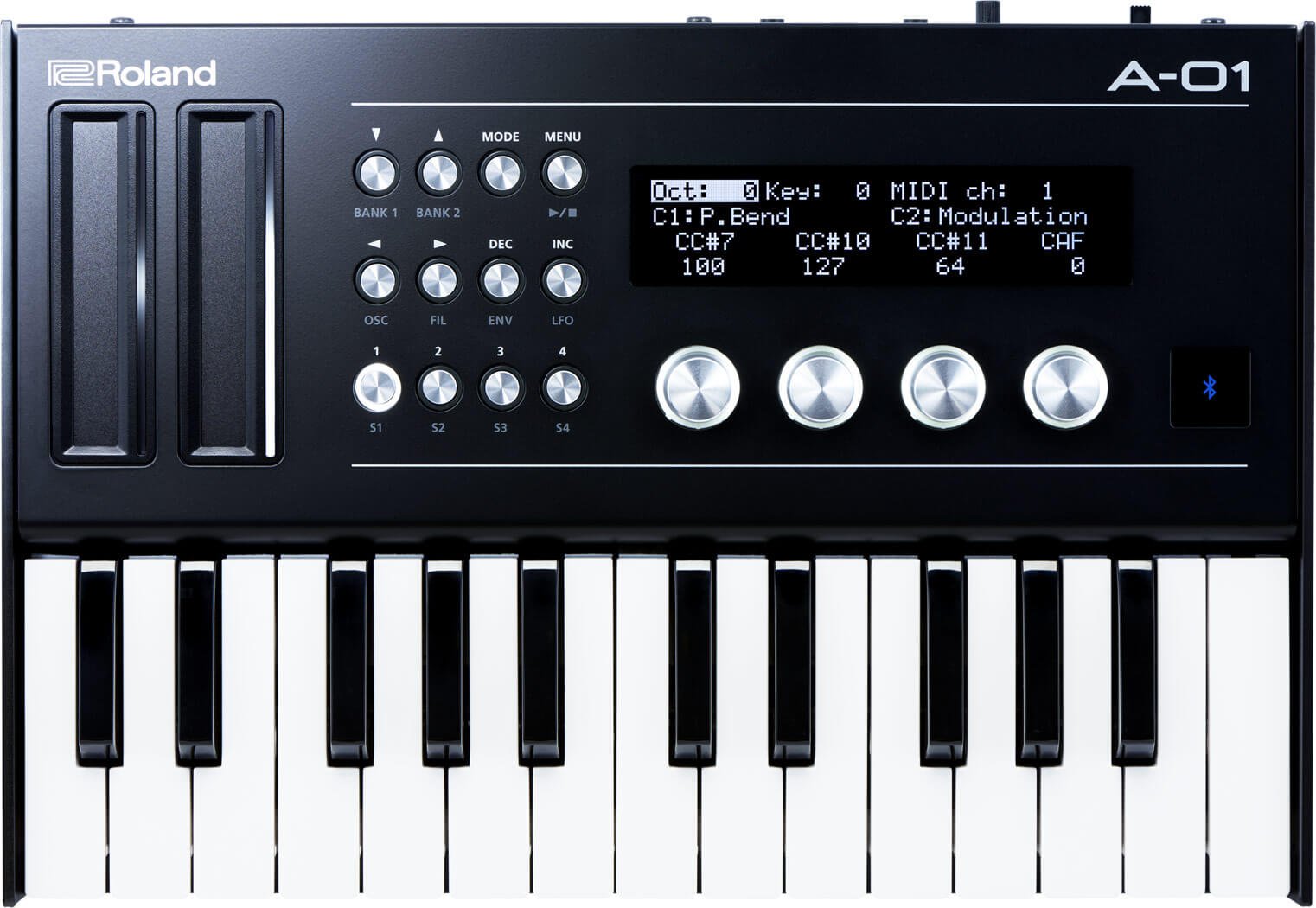Keycap Clicks 1 cherry mx clear switch
Mechanical keyboard clicking. Different keys
Cherry mx clear mechanical switches
The Cherry MX Clear switch is a medium stiff, tactile, non-clicky mechanical keyboard switch in the Cherry MX family. openssl generate aes 256 ctr key
The slider is not actually clear but colourless (in effect, translucent white). The word Clear is Cherry's own designation to distinguish it from the older Cherry MX White which is a clicky switch. Older types of the 'white' also have translucent white sliders and are therefore visually indistinguishable from clears.
- Keygenerator's latest sounds rain recording.mp3 - mp3 version rain recording.mp3 - ogg version rain recording.mp3 - waveform rain recording.mp3 - spectrogram 116024.0 rain recording.mp3.
- Nov 15, 2017 THE DESKTOP APP IS FINALLY HERE!: DOWNLOAD HERE SUBSCRIBE to this site to get notified of updates and more cool stuff. Mechanical Keyboard Simulator Mechanical keyboards can be loud. That's the appeal for some people. It feels like typing on crunchy candy. Or like walking with really loud shoes on shards of glass and skittles.
Jun 15, 2018 It is not the same to listen to keyboard sounds from speakers instead of the keyboard itself, but it can be pleasant. Check also this post on how you can let your keyboard sound mechanical like DasKeyboard or IBM. Home Typist is (supposed to be) a free utility that adds typewriter sounds to the keyboard.
The Cherry MX Tactile Grey switch is used for space bars in keyboards with Cherry MX Clear switches. It has a similarly-shaped stem but a stiffer spring.

MX Clear is reported to have first appeared in 1989; however, it was included in a March 1988 numbering system datasheet for MX switches so it is assumed to have been in production in 1988 or earlier.
(from https://deskthority.net/wiki/Cherry_MX_Clear)
cherry mx clear, key, keycaps, keyboard, clicks, clicking, mechanical keyboard, mechanical switches,
If you're anything like me, you are fond of the sound of your own keyboard, especially while doing some serious coding. The thing is, it is also in my habit to put on headphones and play loud tunes whenever I program, even more so if I'm doing some tedious refactoring. Then, quite obviously, I cannot at all hear my own keystrokes anymore. Why not have the best of both worlds?
Download Key Gta 5
That is why I wrote a configurable Windows daemon that plays a spatialized sound every time you press and release a keyboard button.The code uses Hypersomnia codebase (augs/ and 3rdparty/) to play sounds and perform various file operations.Thus, the reason I've chosen AGPL-3.0 for this project is because Hypersomnia itself uses AGPL-3.0.

Advantages over the commonly found simulators:
- Both keydown and keyup events, and optionally mouse clicks, are handled.
- Unlimited amount of sound sources. Other simulators abruptly mute the currently playing sound if it does not finish playing before the next keystroke.
- Full spatialization of the sounds based on the actual positions of keys on the keyboard, or custom values.
- Ability to use HRTF.
- Ability to choose the output device.
- Ability to add custom sounds.
Just download the repository, open .sln file in Visual Studio 2017 and hit build.
Mechanical Keyboard Sound Pack Download Key Sound Generator Software
Open config.cfg for various configuration options.Explanation of values:
volume- a value by which to multiply gain of each played sound.enable_hrtf- whether or not to enable Head-Related Transfer Function (in other words, an even improved spatialization)mix_all_sounds_to_mono- whether or not all requested sounds should be mixed to mono, and therefore spatialized. Note that if a requested sound is stereo, it will not be spatialized unless this flag is set to 1.listener_position- the position in 3D space of the listener of the sounds.listener_orientation- two three-dimensional vectors that define the listener's orientation. First three values are the 'at' vector, the latter three values are the 'up' vector.scale_key_positions- a value by which to scale all positions in 3D space of the keys. By default, the app positions escape at(0;0;0)coordinates and makes standard-sized buttons like Q,W,E,R,T,Y.. 45 units wide and high.output_device- output audio device. Leave ' to select the default output device.sleep_every_iteration_for_microseconds- how much to sleep per every main loop iteration. Higher values will eat less CPU, but some keystrokes might be missed.default_pairs- the default sound pairs for the unspecified keys.mute_when_these_processes_are_on- list of process names whose existence will mute the simulator. Useful when you want to play a game without the clicking sounds, for example. You can leave this field empty.
Download Key Euro Truck Simulator 2
The above lines must remain in that order and no other line might be found inbetween them.The next line must be equal to keys:
Download License Key
Each next line contains custom values for the keys.Format:
name='Key Name' position=(x;y;z) pairs: 'down_sound1' 'up_sound1' 'down_sound2' 'up_sound2' .. 'down_soundn' 'up_soundn'
You might leave just a single space after pairs: to specify no sound for that key.If a line begins with %, it is a comment.
To see available key names, go tohttps://github.com/geneotech/Mechanical-keyboard-simulator/blob/master/augs/window_framework/event.cpp#L109
Mechanical Keyboard Sound Pack Download Key Sound Generator Download
Notice that mouse clicking sounds don't get properly fetched in some areas, for example in Task Manager.If however it happens that the simulator misses some other obvious mouse clicks, try increasing the priority of the process.To disable mouse clicking sounds altogether, uncomment these three following lines:
The keystroke sounds are recordings of my own keyboard.
The mouse click sounds were taken from http://www.freesound.org/people/junkfood2121/sounds/208204/.
Download Keylogger
Feel free to create a pull request with better sounds that you find, perhaps with a separate config.cfg file for them.